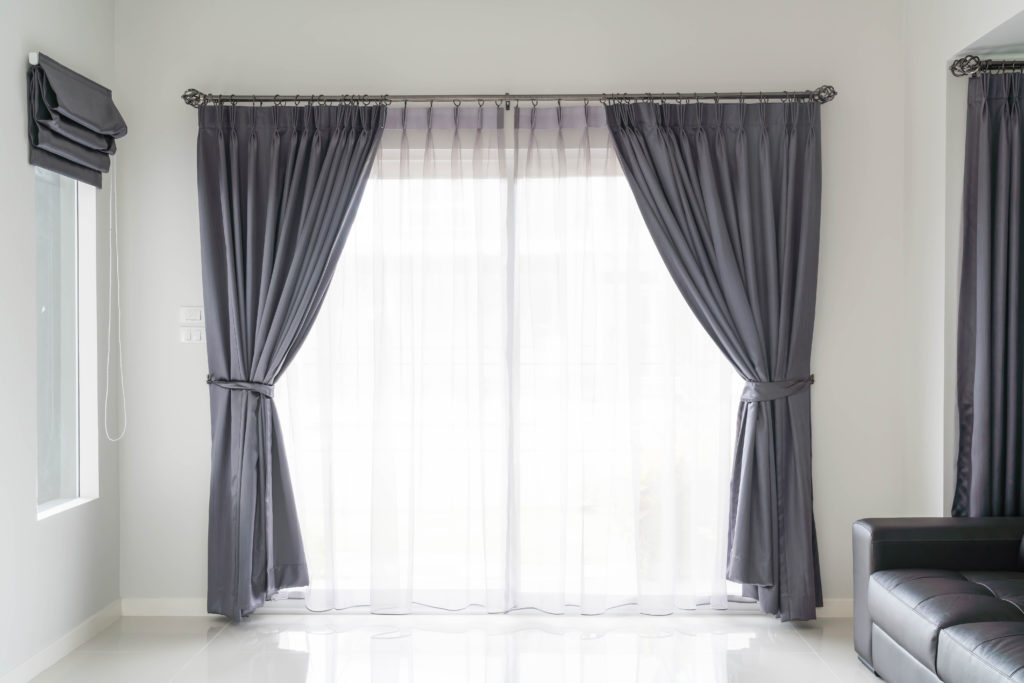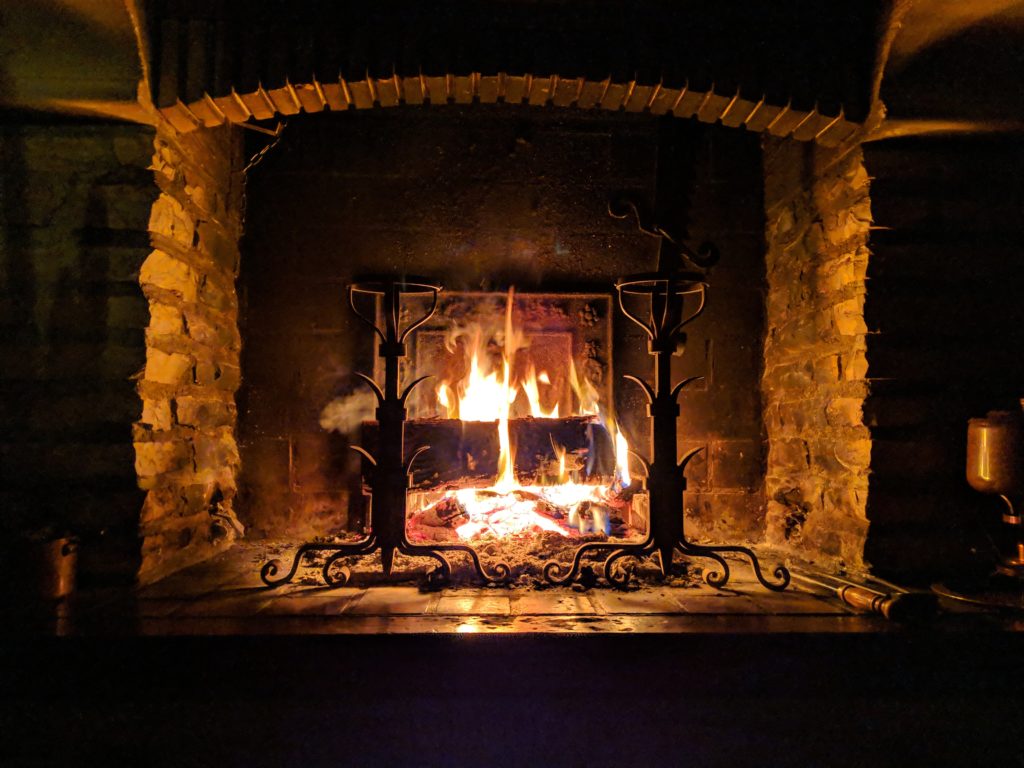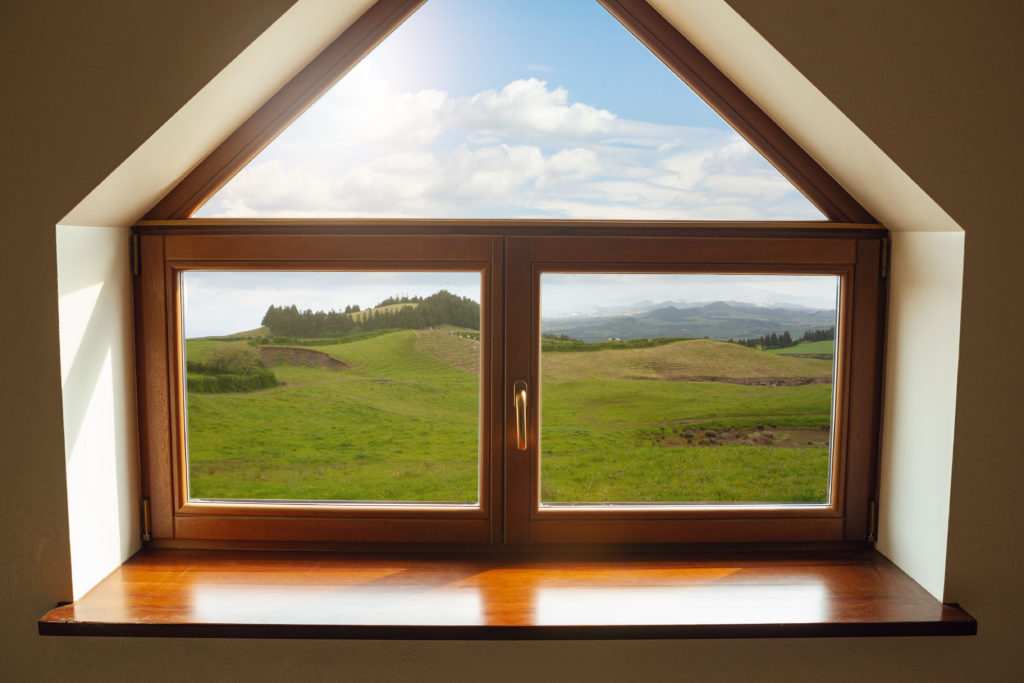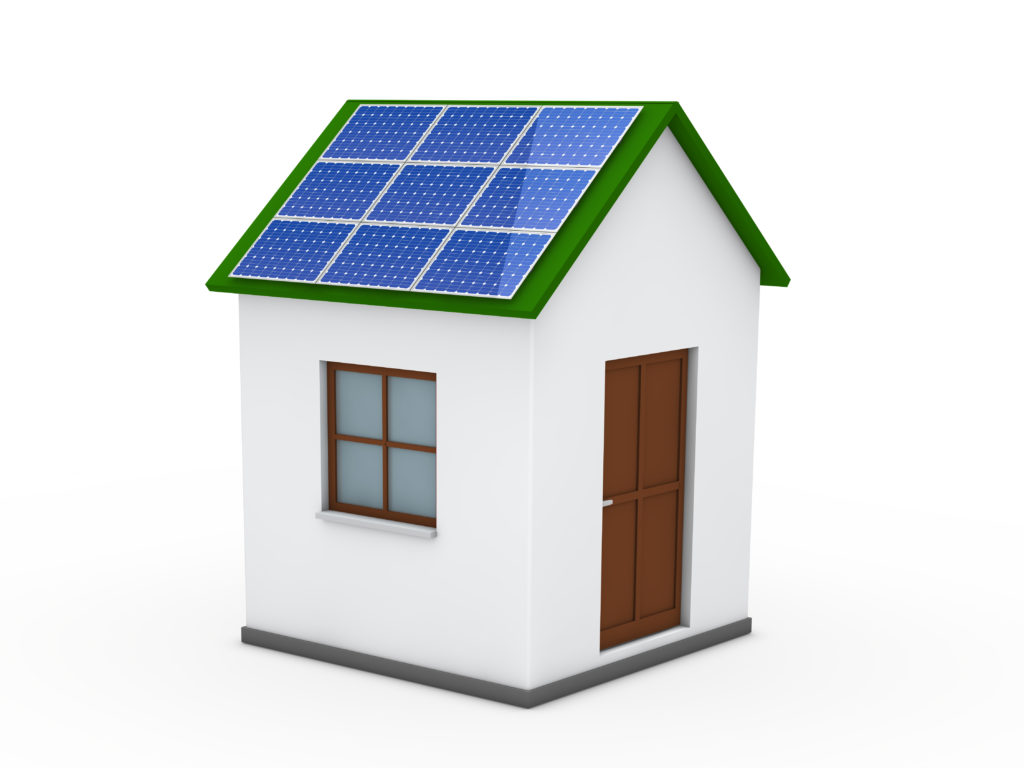
Energy Saving Tips: Helping You To Avoid Debt
Since energy prices increased, millions of households are beginning to feel apprehensive about switching their heating on during the colder months. With rising utility bills, many are seeking alternative options to enable them to cut costs whilst keeping warm.
Although energy providers have introduced a price cap of £2,500, which is better than the original cap that was initially announced (£3,549), it is still an increase of 26% for the average household.
But, what is the energy price cap?
The energy price cap is the maximum amount that energy suppliers can charge. This is set by Ofgem (The Office of Gas and Electricity Markets).
If you do decide to turn on your heating as normal but are unable to afford this increase, then you could end up in debt, which, if left unpaid, could reduce your credit score. This can negatively affect your ability to apply for credit in the future.
So, instead of automatically switching on your heating and having to deal with debt at a later date, consider other alternatives to help you keep warm this winter and reduce your energy costs.
6 Ways To Keep Warm Without Gas Or Electricity
As previously mentioned, many people affected by the increase in energy prices are discovering new ways to cut back on their energy usage.
Below are just a few of the ways that could help you stay warm whilst reducing the number of times you have to switch on your heating. These tips will be particularly helpful if you are elderly and want to know how to stay warm in bed.
1. Invest In Thicker Curtains

Thicker curtains can help to trap the heat by acting as an extra barrier. Thick curtains tend to be more expensive than thin ones; however, this initial cost will save you money in the long run since they will be more effective in retaining heat and preventing drafts.
You may feel that you still need to turn your heating on, but it should be for a shorter period of time than usual.
As a side note, during the day, particularly when the sun is out, try to open your curtains to let in some natural daylight and heat.
2. Check Your Open Fireplace

If your home has an open chimney, it can provide an easy route for heat to escape.
To prevent heat from being lost this way, you should try to have a closed damper or draft excluder installed on your chimney. Additionally, by adding either of these features, it can help to stop cold drafts from sweeping down the chimney and into your home.
3. Close The Doors Of Unused Rooms

Unused rooms do not need to be heated. If you leave radiators on in unused rooms, the heat in there will be wasted, so you will be increasing your energy bills for no reason.
Instead, you should only try to heat the rooms that are regularly used. If you do this, cold air will build up in unused rooms, so you should keep the doors closed, to prevent it from moving to the other rooms in the house.
4. Wrap Up

It seems obvious, but layering your clothes will help you to stay warm. Try wearing multiple thin layers rather than a single thick layer; this way of layering will keep you warmer because heat is trapped between each item of clothing, acting as an insulator. Focus on your extremities, such as your feet and hands, since these can lose heat fast.
Additionally, have a blanket to hand for particularly cold days, or invest in a long fluffy dressing gown.
If you are looking for more long-term solutions to help you save money on gas and electricity and you are a homeowner with the flexibility to make changes to your property, then you may want to consider the below options.
5. Invest In Double Or Triple Glazing

Consider investing in double or triple glazing. Although having these fitted can be initially expensive, it will save you money in the long term.
Double or triple glazing works by trapping heat between the panes of glass which then acts as an insulator. This insulated barrier helps to reduce the amount of heat that is lost, making it more difficult for it to pass through the glass.
So, even if you need to turn your heating on, with double or triple glazing, it should not have to be for long. Additionally, once off, the heat will remain in your house for longer than it normally would.
6. Invest In Solar Panels

Use the sun to heat your house by investing in solar panels. Solar panels absorb the energy from sunlight and convert it into electricity.
The initial cost of purchasing a solar panel is high, and it takes around six panels to heat a one bedroom house.
However, you could just purchase one panel, and use it to provide electricity to heat the main room that you use.
Hopefully, this blog has provided you with useful tips to help you stay warm this winter and reduce your energy bills, whether you are a homeowner or tenant.
Regardless of whether you are employed or unemployed, there are things you can do to ease your financial situation if you are struggling with debt.
Additionally, you may want to consider a debt solution, such as an Individual Voluntary Arrangement (IVA), to help you manage your debt.
Request a Debt Assessment
Disclaimer: For guidance only. Financial information entered must be accurate and would require verification. Other factors will influence your most suitable debt solution.
energy bills, energy saving tips, helping save energy, keeping warm, save money